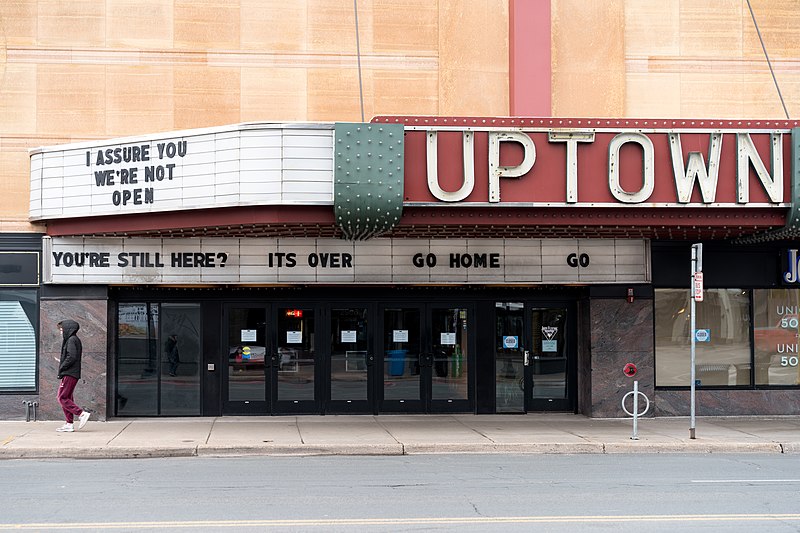
Last March, I strongly advocated strict stay-at-home orders (aka “lockdowns”) throughout most of the United States. When they said “two weeks to bend the curve,” I immediately demanded extensions. When those extensions were granted, I cheered. When states began reopening in May, before meeting the benchmarks I (and the CDC) had set, I was profoundly disappointed.
Here is the basic pro-lockdown argument that I made:
- Left unchecked, covid would have infected and killed something like 1 million Americans.
- Lockdowns lasting 2-5 months (long enough to suppress the virus) would drastically reduce covid’s spread, saving several hundred thousand Americans.
- The likely benefit of saving several hundred thousand Americans (even mostly elderly Americans) was greater than the (likely catastrophic) economic cost.
- Therefore, we should impose lockdowns.
Many people disagreed with me.
At the time, at least in my Facebook circles, there were two main arguments against lockdowns:
~1. (Not-1) Covid isn’t very deadly, and will not kill more than 100,000 Americans in total. (The exact number used varied, a lot, but was most often between 50,000 and 100,000, because flu kills around that many Americans in a severe flu season.)
~3. (Not-3) Even if covid is going to kill a huge number of Americans, the economic costs of saving all those Americans will be so high that it won’t be worth it.
~3a. (Not-3, variant) Even if covid is going to kill a huge number of Americans, lockdowns will also cause a huge number of Americans to die (from suicide, untreated medical crises, et cetera), erasing the benefits of suppressing the virus.
Basically: covid isn’t that bad to begin with, and, even if it is, the lockdown cure is worse than the disease.
I am comfortable saying today that that those counter-arguments were wrong.
Continue reading





